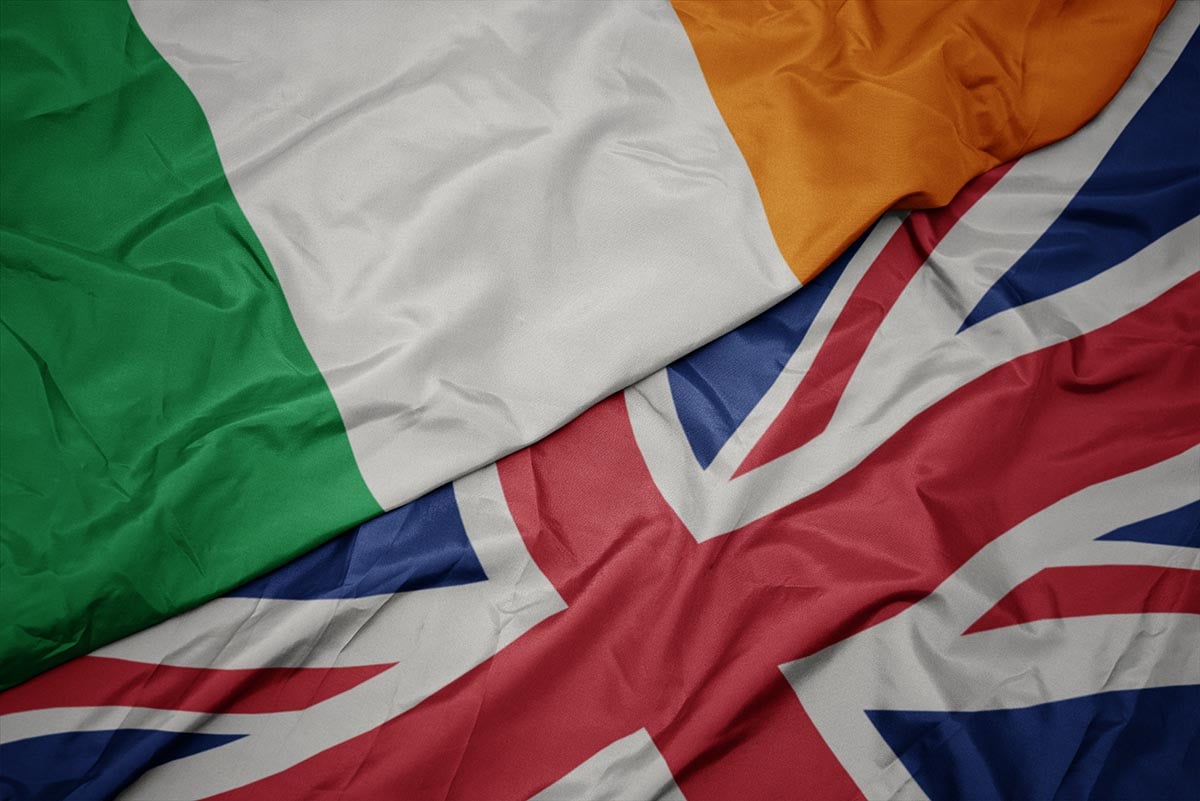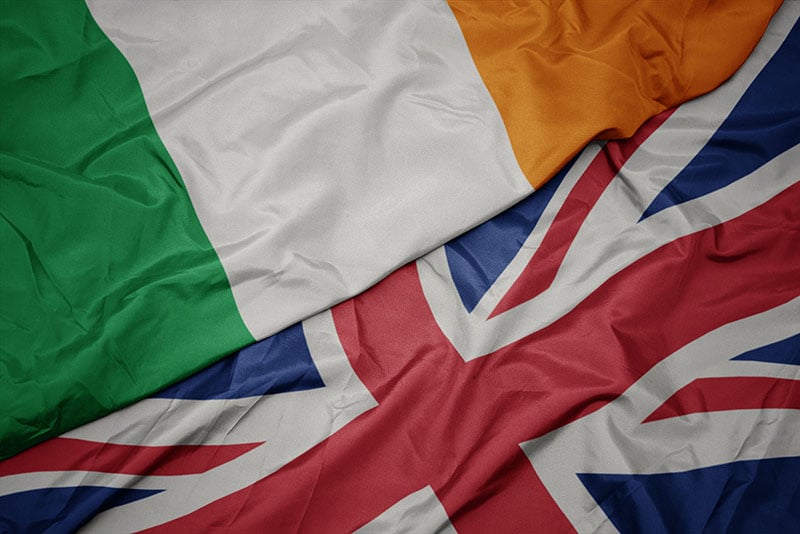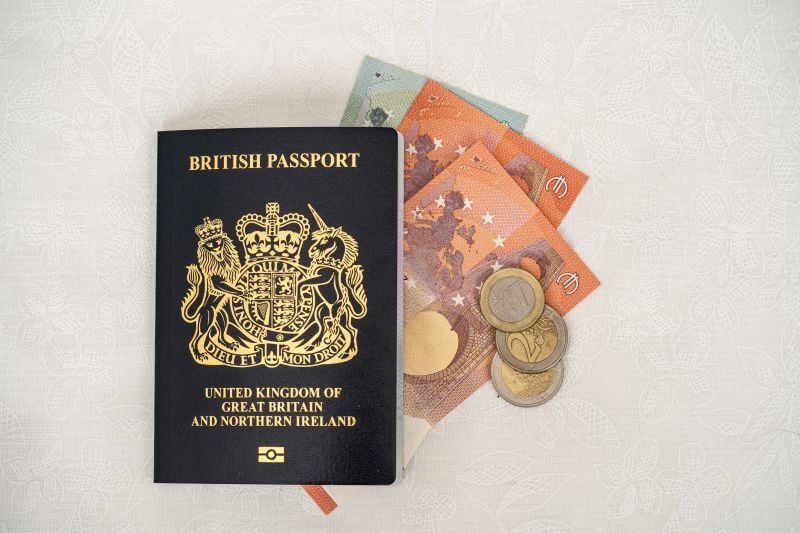Moving to Ireland from the UK
Thinking about moving to Ireland?
Start here with our complete guide to relocating to Ireland for people leaving the UK.
While Ireland is the UK's closest neighbour from a cultural and historical sense, it can still cause problems relocating.
This guide provides expert-led advice, created in association with our trusted partners is designed for people making the move from the UK and provides essential guidance around taxes, visas, property, citizenship, finances and more.










